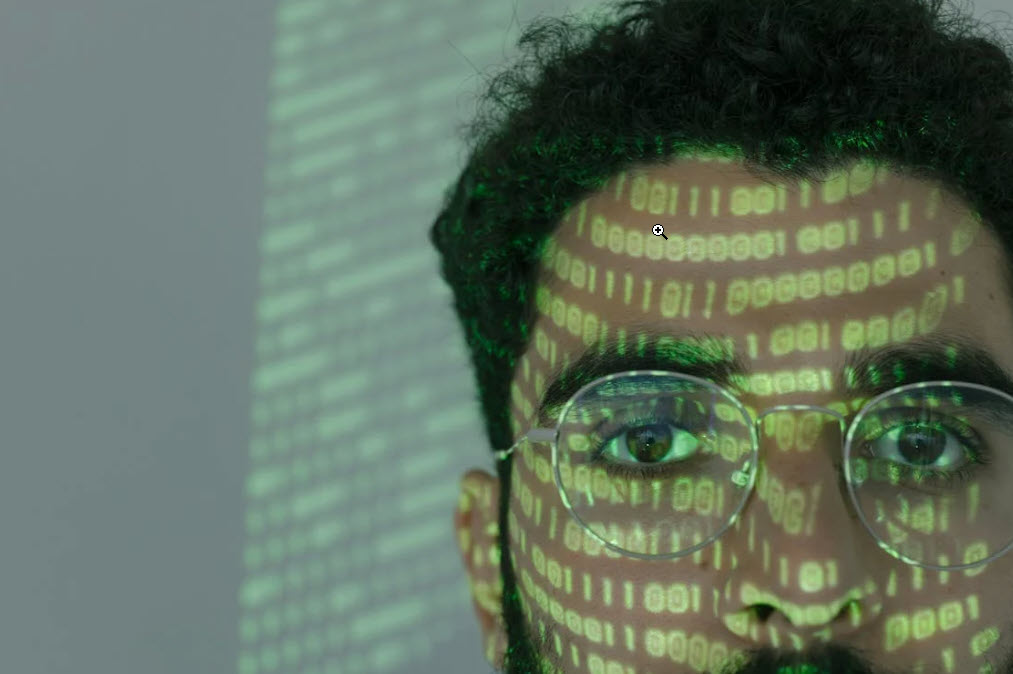A powerful tool that connects people all over the world, the internet is. It also gives us so much information and entertainment that we could never deal with all of it in one lifetime. Nevertheless, like any other instrument, it has its disadvantages. In every suspicious email, unreliable pop-up, or unsafe download, there is a potential risk for any mistake from you.
It is not only the huge companies and the professionals in Information Technology that cyber criminals are after. They target your average Joe too and therefore keeping up with how to stay safe while online has become an essential part of our lives today more than ever before. If measures are not taken, you might lose data, privacy, or even money.

Know Your Enemy: Malware, Phishing, and Scareware
There are various tactics employed by hackers to gain unauthorized access to your computer. Malware is perhaps the most popular weapon in their arsenal, a word derived from “malicious software.” It consists of viruses, spyware, ransomware, and other malicious programs.
If your computer displays a false virus warning that claims your PC is infected and advises you to click a button or purchase phony antivirus software, then it is clear that scareware has attacked your system. If you have a Mac and come across such alerts, remain calm; it’s just scary. You should know how to remove scareware safely and efficiently. Using tools such as Malwarebytes for Mac or adhering to the recommended Apple procedures can assist in safely cleaning up your system while maintaining your data intact.
Safe Browsing Habits Matter
The first thing you should do to stay safe online is follow best practices. Firstly, you must keep your software up to date. This includes the operating system, browser, and antivirus packages as well. Such updates normally repair any security weaknesses that may be utilized by hackers.
Do not click on ads that promise unbelievable offers or those that warn about immediate problems. They are just traps most of the time. For downloads, be careful and only install applications from reputable sources e. g. App Store or official websites.
Use strong, unique passwords for every site. Password managers can help you keep track without having to remember them all. And always enable two-factor authentication when possible. It adds a valuable extra layer of protection.
Spotting a Phishing Attack
Phishing is a popular technique used by cybercriminals today. It is the act of receiving false emails or messages that appear to be from your bank, a company, or someone in your contact list but are actually from phishers. Occasionally, messages like these may include a link or extra attachment; they might ask you to click and ‘confirm account ownership’ or ‘change your password now.’
The trick is this: never, ever click on a link in an email unless you’re 100% positive it’s safe. If you’re at all unsure, just type the website’s address directly into your browser and go there instead. Check the email sender carefully—hackers often use addresses that look similar to real ones but include subtle misspellings.
If you ever get a message that just doesn’t feel right, trust your instincts.
The Dangers of Public Wi-Fi
Connecting to public Wi-Fi these days is simple, but using it can be risky, too. When you link up to an open network in places like coffee shops or airports, the information you send or get can be caught by hackers with relative ease; because of this, one may end up losing their passwords and credit card information, plus other essential details.
If you have no option other than using public Wi-Fi, then don’t risk logging into your accounts with important data. Ideally, make use of a Virtual Private Network (VPN). If they do this, even if they intercept your connection, all they see is encrypted gobbledygook.
Picture a safe tunnel when you think about VPNs. It keeps your information invisible to anyone spying on the hotspot.
Protecting Your Family
Internet safety isn’t just about protecting yourself—it’s also about protecting your loved ones. Kids and elderly family members are often targets because they’re less likely to recognize scams.
Teach your family the basics: don’t click on unknown links, don’t share passwords, and don’t believe everything they see online. Use parental controls when necessary and keep communication open. If something seems strange, encourage them to talk to you about it.
Even a short conversation can prevent a major problem.
Stay Informed, Stay Ahead
In the ever-changing online landscape, new dangers seem to appear daily. Getting and staying informed is key in defense; keep up with reliable tech blogs and sign-up for cybersecurity alerts–plus don’t overlook signs of trouble like unexpected slowdowns strange pop-ups or programs you didn’t start running behind the scenes.
The cybercriminals continually evolve their methods. Fortunately, so can you.
Final Thoughts: Don’t Let Hackers Win
Hackers’ success is based on the assumption that individuals will be careless. They depend on shortcuts and mistakes and induce panic. Nevertheless, their power is removed if you remain calm, attentive, and informed.
Staying safe on the internet does not require one to have specialized knowledge in technology. Taking some measures will do just fine such as learning how scareware can be deleted, being cautious of links, employing strong passwords and watching out on public Wi-Fi is for your family’s safety while ensuring that you keep the software up to date.

